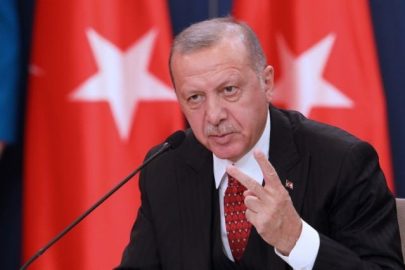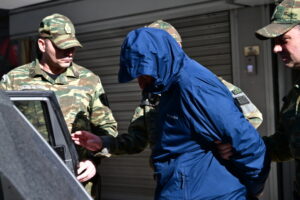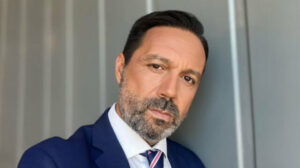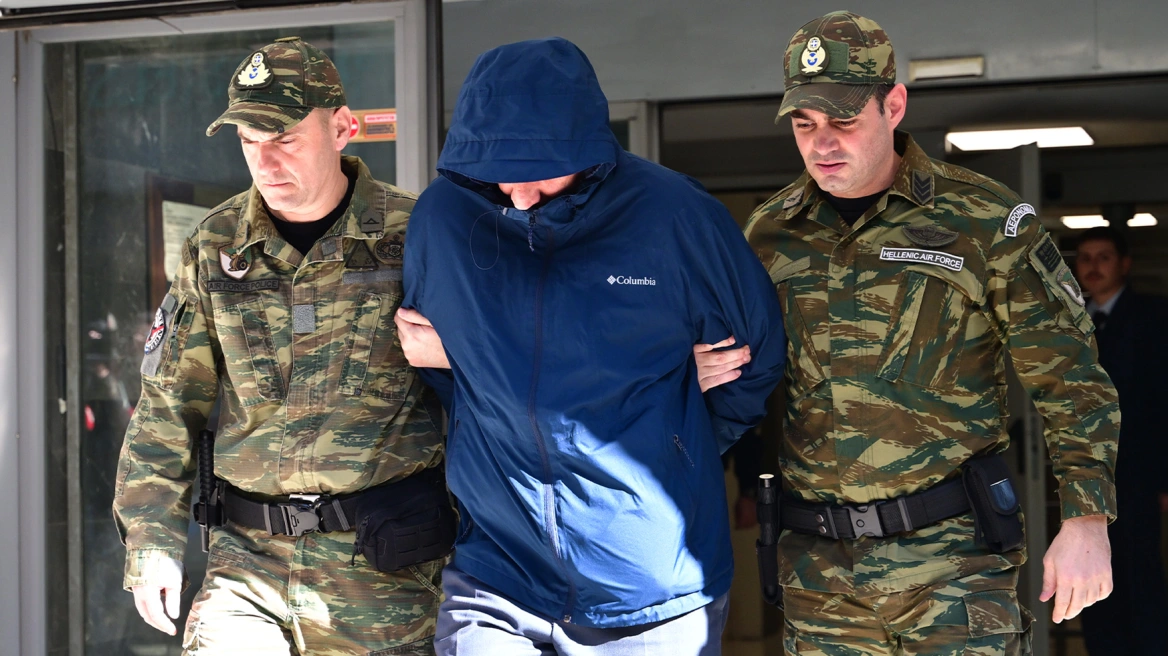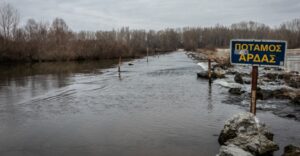Turkey is fighting the Covid-19 pandemic and is helping other countries do the same. However, the health crisis has exposed the country’s vulnerabilities because of its political, economic, and foreign policy choices. Maintaining these choices in the midst of a global recession will be a tall order.
From a sanitary standpoint, and political scuffles apart, Turkey’s health system seems to be coping well with the pandemic. Ankara is also helping a number of countries, ranging from Italy, Spain, the United Kingdom, and the United States, to countries in the western Balkans and Africa. Its carefully choreographed delivery of a consignment of six pallets of medical supplies to Washington, D.C. on April 28 was accompanied by a letter from President Recep Tayyip Erdoğan telling President Donald Trump that he was “a reliable and strong partner of the United States.”
The not so subliminal message was that Turkey expects to avoid anticipated U.S. sanctions for its S-400 missile deal with Russia and wants to benefit from a “swap scheme” implemented by the U.S. Federal Reserve for countries most affected by Covid-19.
Greece to lease Heron drones from Israel for maritime surveillance
However, this “Covid-19 diplomacy” will hardly hide the more problematic realities that Turkey faces in its political, economic, and foreign affairs. For starters, the country presents all the trappings of a full autocracy. Freedom of speech and freedom of media are severely limited. The judiciary is politicized. Opposition leaders are verbally assaulted on a regular basis, when not harassed or even dismissed. Prisoners of opinion are kept in jail while organized crime figures have been freed under special Covid-19 legislation.
Read more: Carnegie
Ask me anything
Explore related questions
